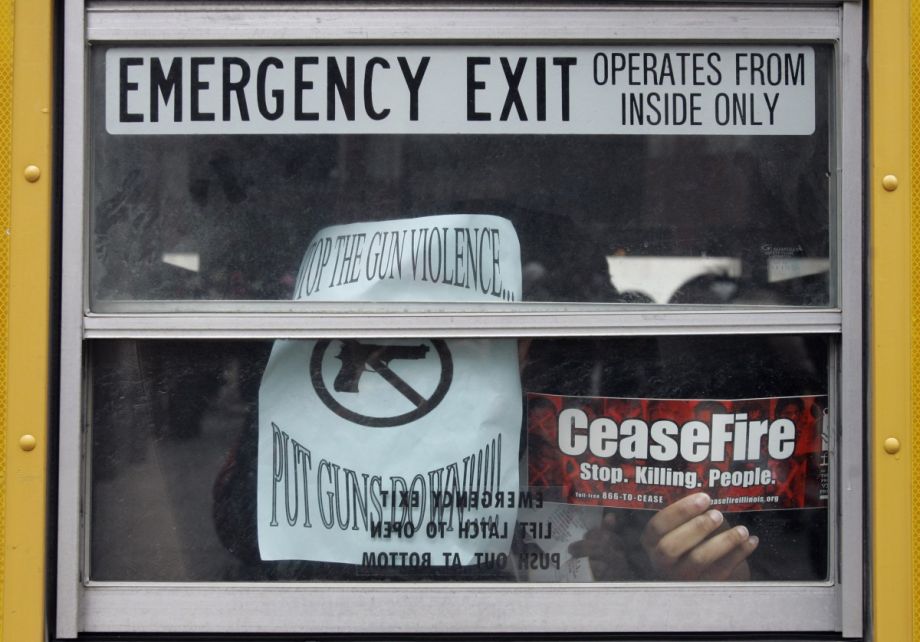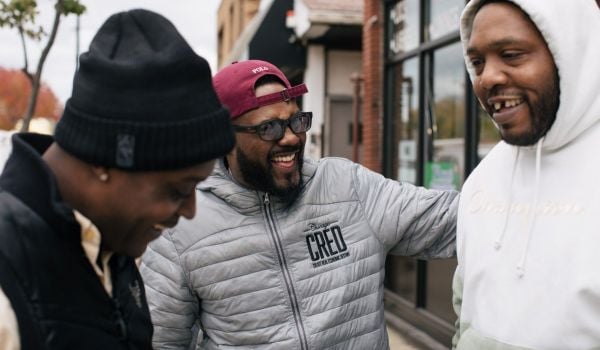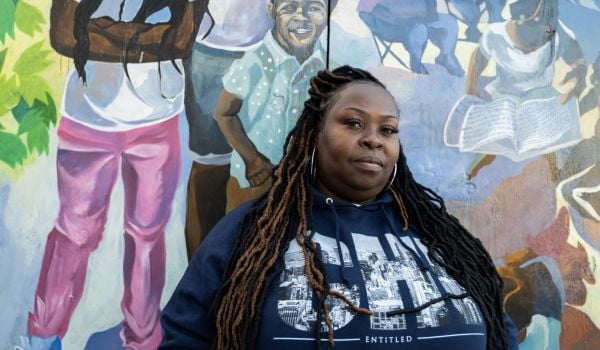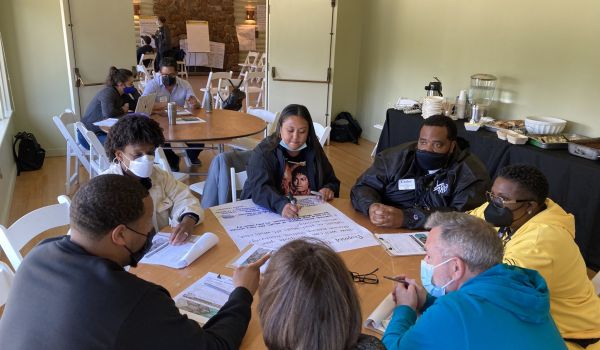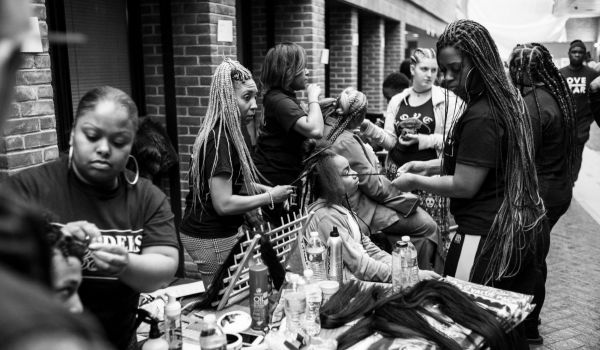In the past couple of years, legislators throughout the country have introduced bills intended to curb gun violence. Just last week, the Chicago City Council approved an ordinance regulating gun retailers, restricting where they can operate and requiring them to videotape all sales.
But a mix of constitutional issues and fervent political opposition often thwarts efforts to pass new laws; Mayor Rahm Emanuel’s initial plan to ban gun stores from the city was struck down by a court. Which leads to the question: Are there ways to reduce gun deaths and injuries within existing law?
A new study proposes one unexpected avenue: rethinking the plea bargain. According to Garen Wintemute, director of the UC Davis Violence Prevention Research Center, and coauthor Mona Wright, reforming this practice could potentially keep firearms out of the hands of people who are likely to commit gun crimes. While felons are prohibited under federal law from purchasing firearms, those convicted of violent misdemeanors generally are not. Defendants originally charged with felonies often plead guilty to reduced charges, and end up with misdemeanor convictions, leaving them eligible in most states to legally purchase firearms.
The paper’s animating logic sounds compelling. Violent offenders should be held accountable for the crimes they commit, and if that helps to keep guns out of the wrong hands and to save lives, so much the better. A closer look, however, reveals a more complex picture — and shows that non-legislative approaches can face as many challenges as legislative attempts.
The study, published online in the American Journal of Preventive Medicine, examined data on 787 violent misdemeanants who bought handguns in California from 1989 to 1990 (before a state law banned such sales in 1991). Almost 40 percent of the buyers had initially been charged with felonies. Over three years of follow-up, 23.8 percent of the subjects had been arrested again for firearm-related or violent crimes. The implication is that if the original felony charges had been successfully brought, many of these individuals would not have gone on to buy guns and commit another violent crime. “Given this study’s findings,” the authors conclude, “perhaps felony charges should be reduced less often.”
Of course, those who are rejected at the counter may be able to turn to the black market or steal a gun. A representative of the district attorney’s office in Suffolk County, Boston, told me that the great majority of that city’s gun defendants acquired their weapons illegally. But in a previous study, Wintemute found that the California state ban for violent misdemeanors had a modest deterrent effect, and other experts concur that prohibiting sales could avert at least a limited amount of gun violence. So if laws can’t be changed, perhaps one solution is to try harder for felony convictions, which would place those individuals in a prohibited category.
Still, Wintemute acknowledges that changing the criminal justice system would be far from easy. “There simply isn’t time and money to try all these cases and everybody knows it,” he said.
It’s also unclear (as the article concedes) how many of those initial felony charges are actually merited. Indeed, in at least some cities, widespread over-charging may be an integral part of how the system works. Frank Zimring, a law professor at UC Berkeley, invoked the following analogy: “There’s a two-step process in becoming a very good oriental rug merchant. The first thing you do is you double the price on all your rugs. And the second thing you do is you have a 50 percent off sale. The point is over-charging creates the incentive for plea bargaining. Of course it exists and of course it’s a powerful influence.”
Then there are larger questions about what is widely regarded as a dysfunctional system. Many argue that the problem is an excessively punitive approach and a hugely bloated inmate population. “[N]obody in his right mind would suggest that the U.S. suffers from a shortage of felony convictions,” wrote Zimring via email.
To be sure, current plea bargaining practices are far from ideal. Numerous others have made the case for reform, although usually based on the rights of defendants, or even on the rights of citizen juries to have more of a say in the criminal justice system. Of course, if more cases were brought to trial, juries would be operating under a “beyond a reasonable doubt” standard of proof, which would lead to many acquittals.
The study, Wintemute says, was “designed to raise questions rather than to answer them.” The paper’s greatest value may be to open the door to creative thinking about non-legislative ways to reduce gun violence. For example, could plea bargains themselves be structured to include gun bans for individual defendants? Colorado offers a plea deal for nonviolent offenders stipulating that they cannot possess firearms for a given period, suggesting that the notion is within the realm of possibility. In any case, given the hurdles to reining in gun violence, curtailing it will require not only political will but also imagination.
The Science of Cities column is made possible with the support of the John D. and Catherine T. MacArthur Foundation.
Rebecca Tuhus-Dubrow was Next City’s Science of Cities columnist in 2014. She has also written for the New York Times, Slate and Dissent, among other publications.


